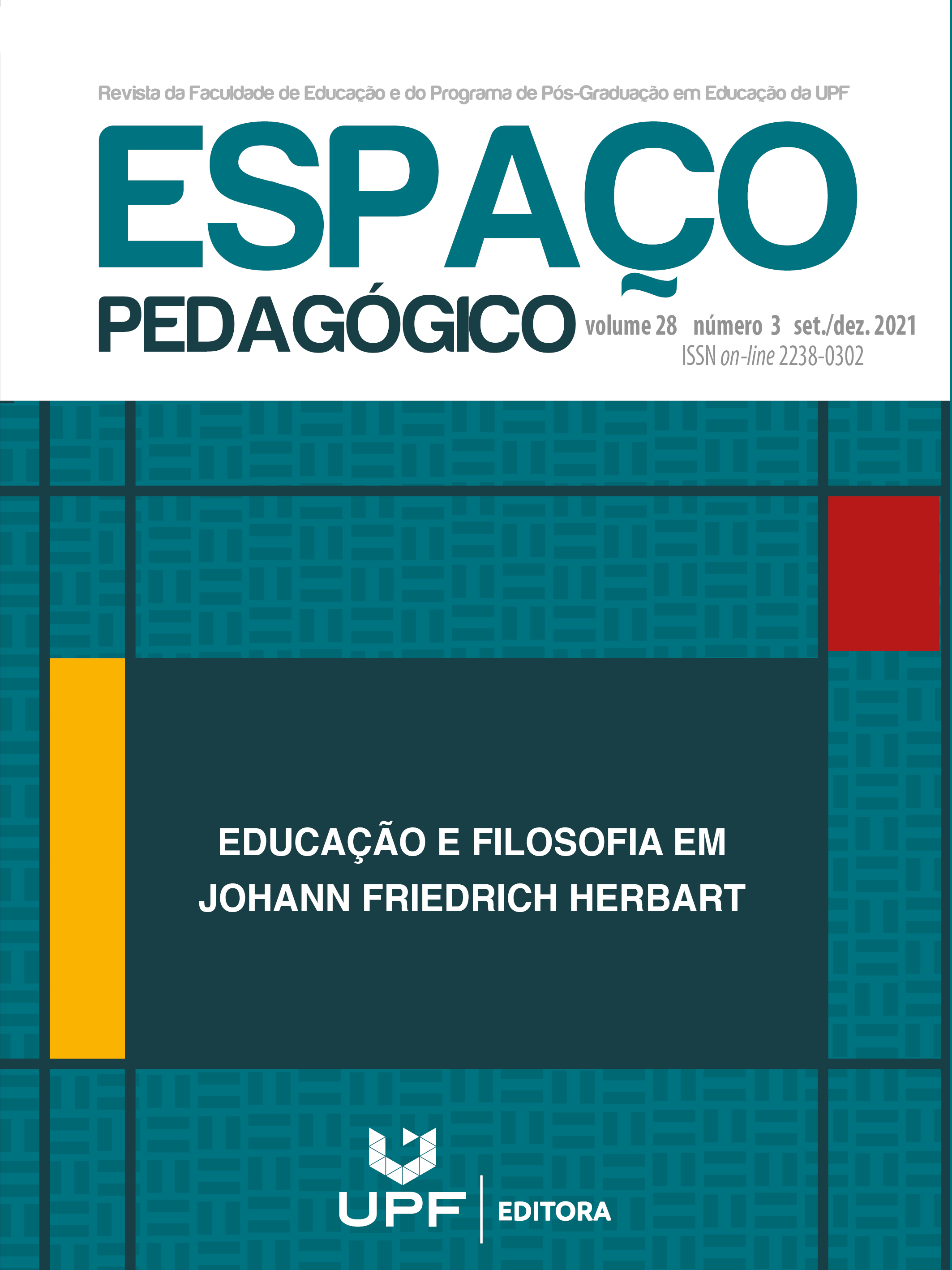The subjective well-being of teachers: an investigation in times of pandemic
DOI:
https://doi.org/10.5335/rep.v28i3.11808Keywords:
subjective well-being; teachers; affection; satisfaction with life.Abstract
Pandemics, like that of COVID-19, affect a relatively large number of people and impose new social rules and habits on the world population. Social distance and school closings, as well as the new way for teachers to work, can promote changes in their emotional system. The objective of this study was to investigate the subjective well-being (BES) in teachers from three municipalities in Goiás. 481 teachers participated, aged between 25 and 64 years, in which 319 are female (66.3%). The Subjective Well-Being Scale (EBES) of Albuquerque and Tróccoli (2004) was used. Despite the pandemic moments, the results point to the predominance of positive affects and an uncertainty regarding satisfaction with life. Negative affects stand out, presenting a direct correlation with life satisfaction (r = 0.721, Ï < 0.01 ) and the general BES factor had a strong positive correlation with negative affects ( r = 0.721, Ï < 0.01 ). Investigating the subjective well-being of teachers is important in the field of Education for planning public actions and policies regarding the collective health and happiness of these subjects.



